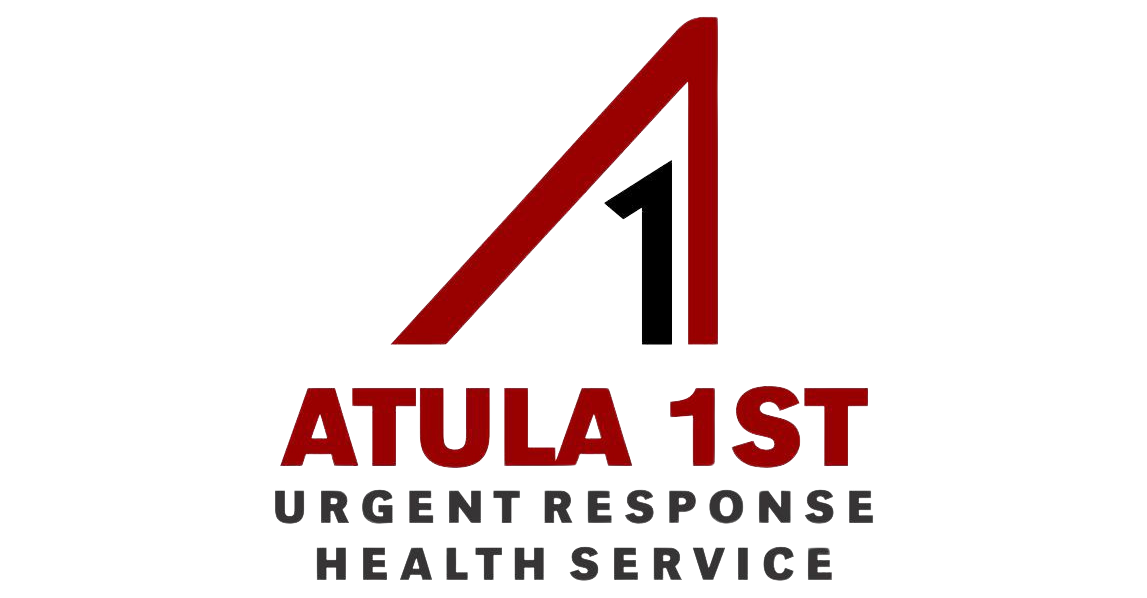Nigeria faces a critical challenge in ensuring the well-being of its children. Malnutrition and limited access to education threaten their cognitive development and future prospects.
Malnutrition: A Stubborn Foe
Malnutrition plagues both mothers and children in Nigeria. Seven percent of pregnant women and women of reproductive age suffer from it, hindering their health and potentially impacting their babies’ development. Only a small percentage of infants receive the recommended exclusive breastfeeding for the first six months, and basic nutrition for those between six and 23 months remains low.
Despite the known dangers of malnutrition, which can cripple a nation’s future workforce and economic growth, the allocated budget remains insufficient and often delayed. This lack of investment reflects a disregard for the severity of the issue.
Education: Right Denied, Dreams Deferred
The situation is equally concerning in education. Millions of Nigerian children have never been to school, and a staggering 35% who do complete primary education never make it to secondary school. This effectively crushes their chances of a secure future.
Girls are particularly disadvantaged. Forty percent of children aged six to eleven, especially girls in the North, are entirely excluded from primary education. This not only limits their opportunities but also deprives Nigeria of their potential contributions.
UNICEF emphasizes the urgency of addressing these issues. They highlight the importance of education for girls to combat gender inequality and unlock their potential to solve national challenges. Additionally, ensuring a safe learning environment is crucial to encourage parents to send their children to school without fear.
A Call to Action
Experts and advocates urge for a multi-pronged approach. Implementing existing policies like the National Policy on Food and Nutrition is essential. Additionally, comprehensive plans to prevent and treat severe acute malnutrition, along with adequate budgeting and timely allocation of resources, are critical.
Furthermore, strengthening legislation and monitoring budgetary allocations for agriculture, nutrition, and healthcare are crucial to improve food security and accessibility.
Finally, enforcing the Child Rights Act, which mandates free and compulsory basic education, is vital. This requires action from both the government, by ensuring full implementation, and parents, by fulfilling their responsibility to enroll their children.
Nigeria must act decisively to address malnutrition and educational inequities. By investing in its children’s health and education, Nigeria invests in its own future prosperity and a brighter tomorrow for its young generation.

